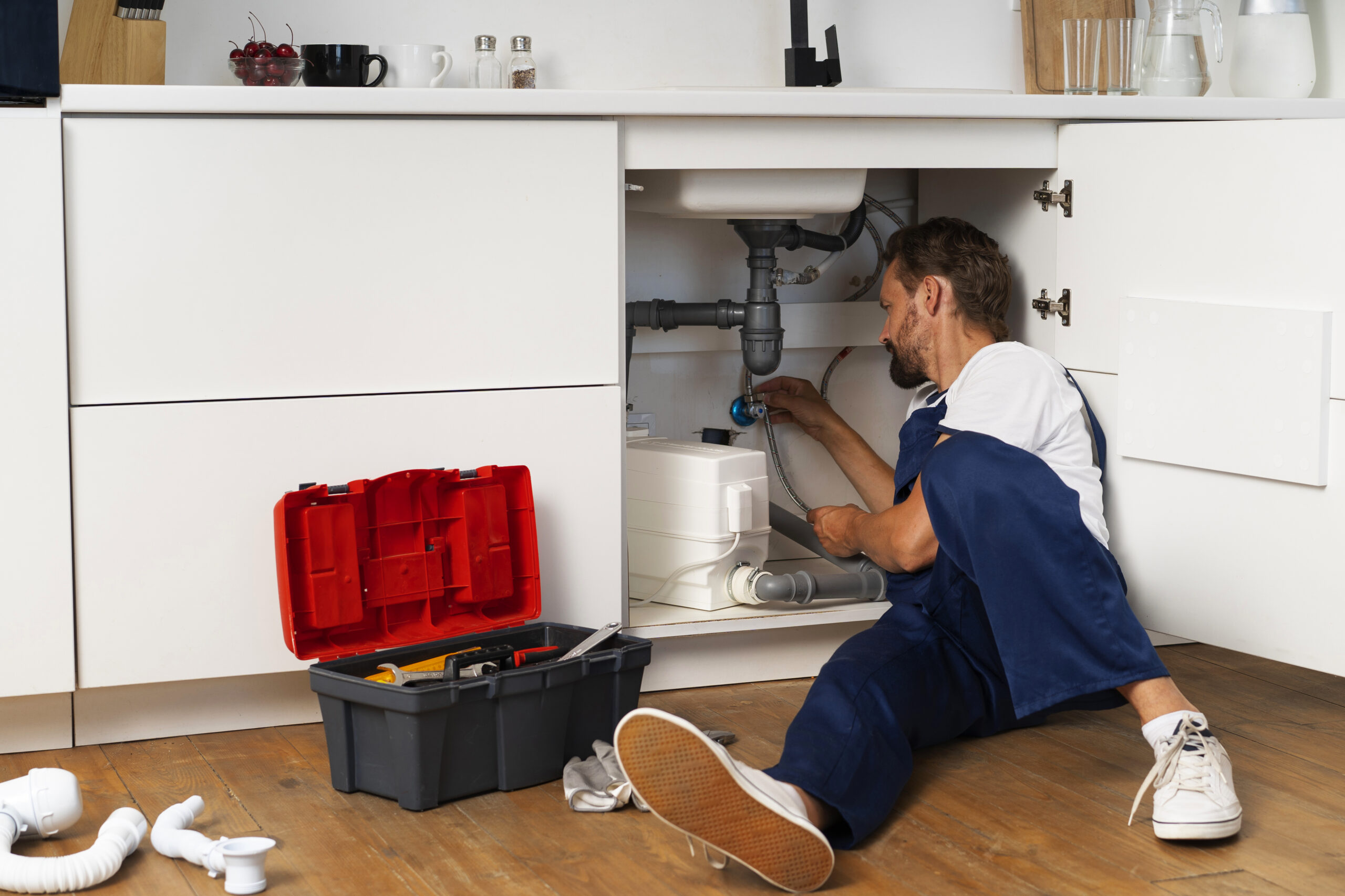Gas hot water tanks can run into a variety of issues over time. Here are some common faults you might encounter:
1. Pilot Light Issues: If the pilot light goes out, the tank won’t heat water. This could be due to a draft, a dirty pilot light, or a faulty thermocouple.
2. Thermostat Problems: If the thermostat is malfunctioning, it might not regulate the temperature correctly, resulting in water that’s too hot or too cold.
3. Gas Supply Issues: If there’s a problem with the gas supply, such as a closed valve or a gas line obstruction, the heater won’t operate properly.
4. Sediment Buildup: Over time, sediment can build up at the bottom of the tank, which can reduce efficiency and even cause overheating. Flushing the tank regularly can help prevent this.
5. Corrosion: The tank or its components can corrode, especially if the anode rod (which helps prevent rust) isn’t working properly. This can lead to leaks or reduced efficiency.
6. Leaking Tank: A leak can occur if the tank itself is damaged or corroded. This is often a sign that the tank needs replacement.
7. Faulty Gas Burner: If the burner isn’t working properly, it won’t heat the water efficiently. This could be due to dirt or debris blocking the burner or a malfunctioning burner assembly.
8. Pressure Relief Valve Issues: The pressure relief valve is crucial for safety. If it’s malfunctioning, it can lead to excessive pressure buildup inside the tank, which might cause damage or even a dangerous explosion.
9. Insufficient Hot Water: If you’re not getting enough hot water, it could be due to a variety of issues, including a tank that’s too small, a faulty heating element, or an issue with the thermostat.
10. Strange Noises: Rumbling, popping, or hissing noises can indicate sediment buildup or other issues with the tank.
Regular maintenance and prompt attention to these issues can help ensure your gas hot water tank operates efficiently and lasts longer. If you’re unsure about diagnosing or fixing a problem, it’s a good idea to call a professional.


